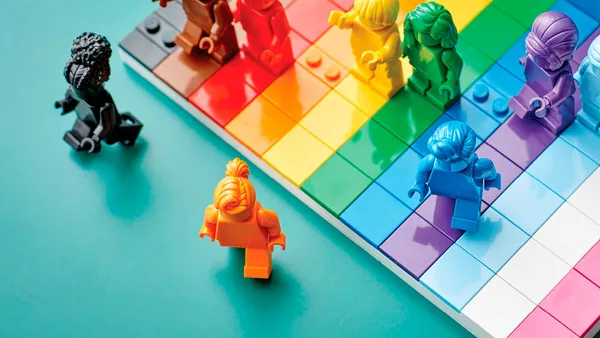Artificial intelligence is only as good as the models it is trained on — and concerns about how bias may creep into the algorithms, based on human influence, have been well-documented. New York City has a law on the books requiring employers to regularly audit their employment decision tools in part to combat this concern.
But could AI also, in the end, help diversity, equity and inclusion efforts?
Workers are increasingly optimistic about the promise of generative AI, and many experts agree with that optimism.
The risks of generative AI are still coming to light: One speaker at a Society for Human Resource Management conference in November spoke to the technology’s penchant for “hallucinating” information, but experts also noted that the tools are meant to be decision aids, not decision-makers.
Indeed, AI can streamline the hiring process in ways that make it easier for employers to ask the right questions of applicants. It can also help hiring managers analyze their people data — to find patterns of exclusion or lack of promotion — so that bias can be better left at the door, other experts said.
But the tools are still heavily in development, and regulation on AI is hot on its heels. See below for our stories on the state of DEI and AI usage so far.














